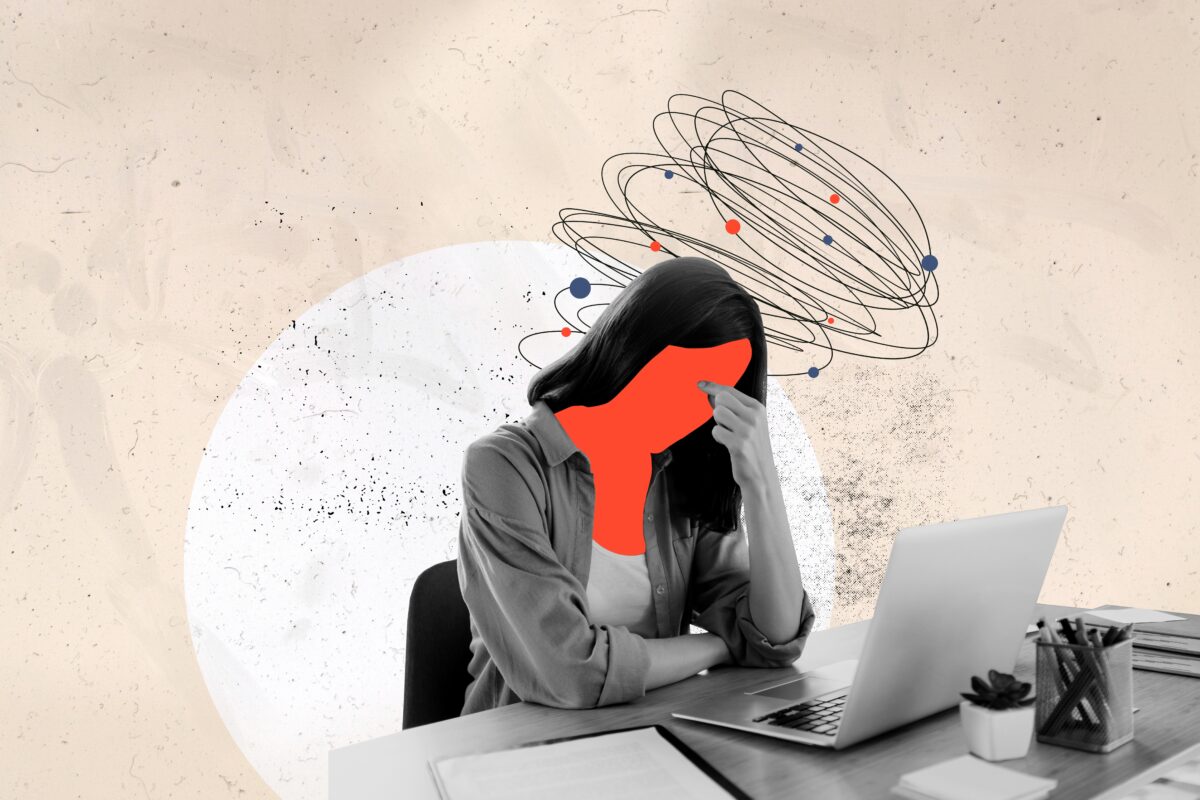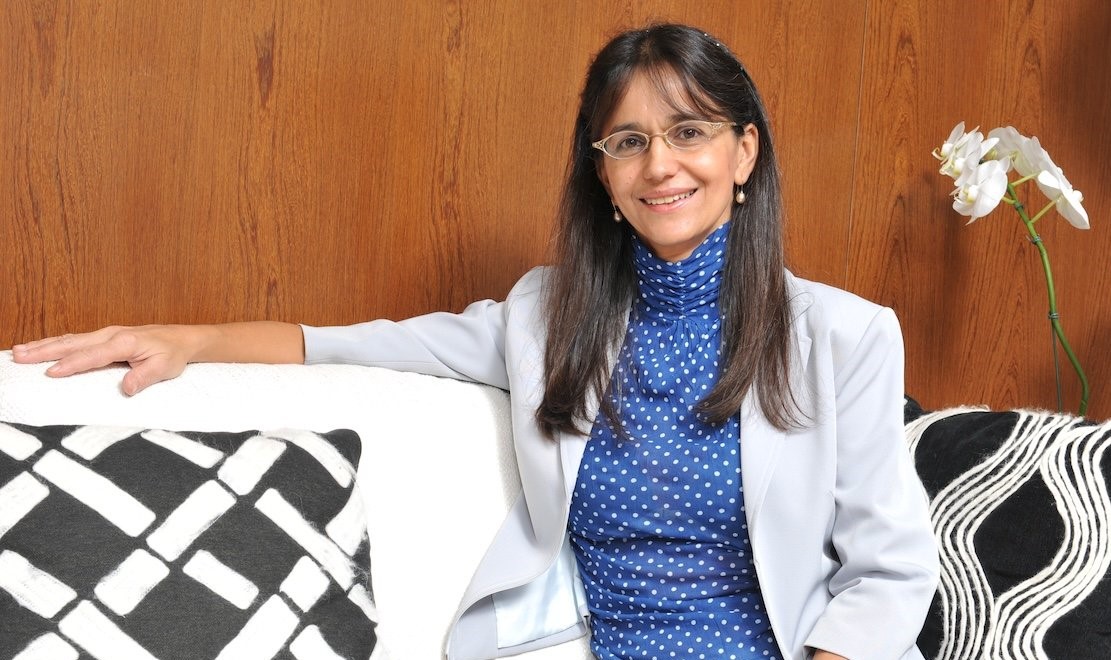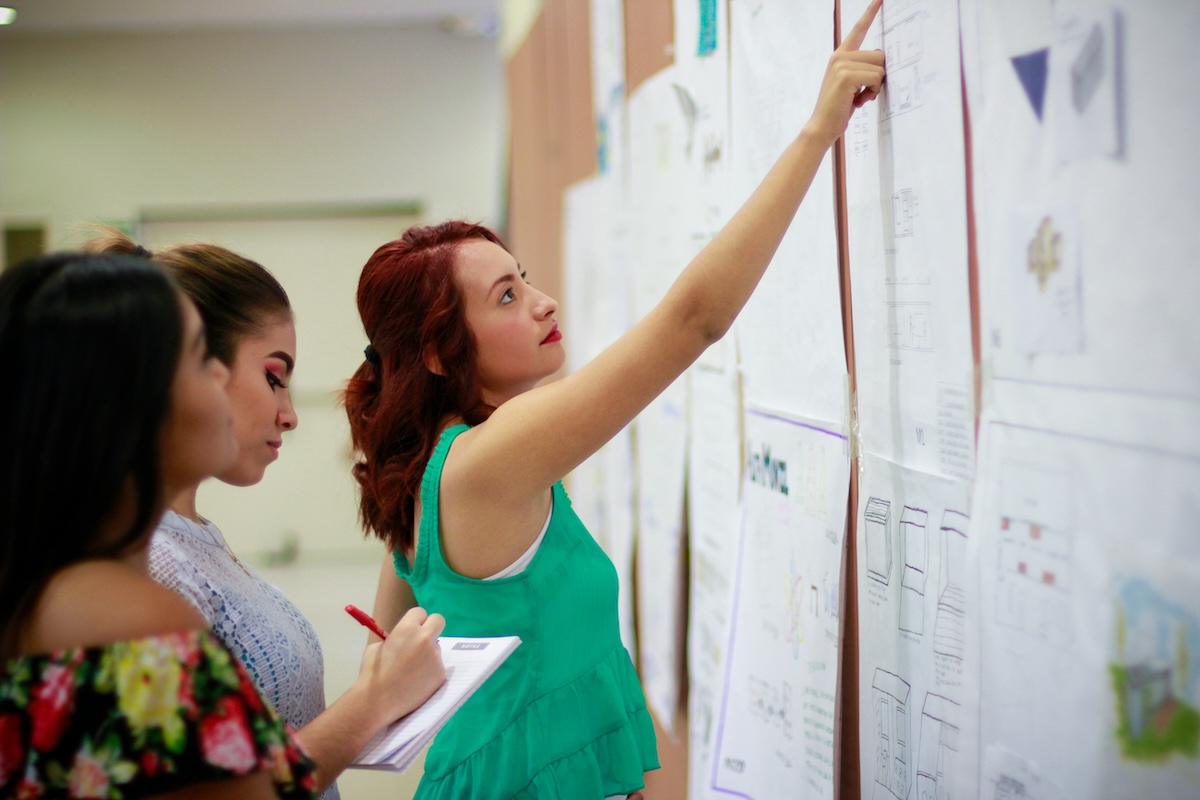 #Careers
#Careers
Psychological suffering in academia: The pressure to publish more and improve indicators
Excessive use of metrics to assess researcher performance and determine career progression can lead to burnout and mental health disorders
 Experts draw attention to the overuse of parameters such as the h-index and citation figures when assessing the academic performance of researchers; quantitative criteria can negatively impact mental health, as well as encouraging ethical misconduct in academia | Image: Shutterstock
Experts draw attention to the overuse of parameters such as the h-index and citation figures when assessing the academic performance of researchers; quantitative criteria can negatively impact mental health, as well as encouraging ethical misconduct in academia | Image: Shutterstock
This is the second in a series of reports to be published by Science Arena over the coming weeks. It is based on the final paper presented by Eduarda Antunes Moreira, supervised by Professor Ricardo Whiteman Muniz, for her specialist diploma in scientific journalism at the Laboratory of Advanced Journalism Studies of the University of Campinas (Labjor-UNICAMP). Read the first report in the series here.
In addition to complex interpersonal relationships and the wide range of responsibilities in academia, another obstacle that makes life difficult for many researchers is the pressure to publish scientific articles—especially in high-impact journals with greater international prestige.
In Brazil, when researchers publish a paper in a prestigious journal, they update their profile on the Lattes résumé platform, which hosts some 8 million academic résumés, serving as a credential and a means for earning recognition and rewards in the form of leadership positions, promotions, and funding.
Although alternative indicators for assessing teaching and research quality have been established over the last decade, quantitative metrics like the number of articles published and the number of citations received are still the most-used parameters.
In recent years, a lack of research funding has contributed to a decline in Brazilian scientific output, according to a report published last year by Dutch publisher Elsevier and Brazilian science news agency Agência Bori.
Budget and grant cuts not only limit scientific production, but also the publication of results, especially in internationally prestigious open-access scientific journals, which charge authors high fees.
Publish or perish
The number of articles published in scientific journals does not only influence the professional careers of researchers, but also the score of graduate programs assessed by the Brazilian Federal Agency for Support and Evaluation of Graduate Education (CAPES), an agency affiliated with Brazil’s Ministry of Education.
International rankings that compare the performance of universities around the world based on various classification models also use quantitative criteria, despite recent efforts to encourage research evaluation systems to adopt more qualitative indicators when analyzing the work of academics.
One initiative seeking to contribute to this mission is the Coalition for Advancing Research Assessment (CoARA), which brings together more than 720 scientific organizations from around the world and is led by the European Science Foundation.
In an article published in September 2024, members of the CoARA Steering Board stated that the initiative seeks to draw attention to the “unreliable and unhealthy over-reliance on narrowly focused publication metrics.”
They also recognized that the overuse of indicators such as the h-index and citation numbers negatively impacts mental health, as well as encouraging ethical misconduct in academia.
Article 207 of Brazil’s Federal Constitution establishes that universities have didactic and scientific autonomy, meaning institutions have the freedom to define their own teaching methods, course topics, research lines, and ways of transmitting knowledge to society.
However, due to the heavy reliance on quantitative metrics by evaluating agencies, the interests of the researchers themselves are now guided by subjects they believe have the greatest potential to result in more articles and more citations.
The fact is that the so-called “publish or perish” culture overrides many scientific interests, such as generating new knowledge and proposing solutions to address complex societal challenges.
We need to move past the idea that scientists who do not publish frequently in high-impact journals are unproductive, argues Juliana Fedoce, a chemistry professor at the Federal University of Itajubá (UNIFEI), Minas Gerais.
“Competitiveness has turned us into paper producers instead of scientists,” says Fedoce, founder of Instituto Sua Ciência, a nonprofit organization dedicated to disseminating knowledge and seeking funding sources.
Peter Schulz, a professor at the School of Applied Sciences of the University of Campinas (UNICAMP) who specializes in scientometrics (the investigation of scientific literature based on indicators), believes the over-emphasis on quantitative metrics has made publishing papers an end instead of a means.
“This overshadows the performance of the university’s other objectives, such as teaching and outreach activities,” says Schulz. “Today, science is led by papers, but it should be the other way around.”
According to Filipe Rebelo Buchmann, a psychologist from the ECOS Program at the University of São Paulo (USP), the pressure to publish more and more can encourage a frantic race with no “winners.”
“This logic can foster feelings of doubt and insufficiency, profoundly affecting the mental health of scientists.”
The responsibility of scientific publishers
Scientific publishers are central figures in this debate. For decades, major publishing groups have been achieving high profit margins with the journal subscription system, charging readers through contracts with funding agencies and teaching and research institutions.
In recent years, many publishers have also begun striving to maximize their profits from publishing papers via open access. In this new business model, instead of asking readers to pay fees or subscriptions, the costs are transferred to the authors, who have to pay article processing charges (APC) to publish their work.
Since APCs are often prohibitive, researchers then have to turn to their institutions or the agencies funding their research.
For physician Olavo Amaral, a professor at the Federal University of Rio de Janeiro (UFRJ) who studies the challenges of scientific reproducibility, indiscriminately adopting the number of published articles to measure the quality of a researcher’s work has placed scientific publishers in an unwarranted position of power.
“Not to mention that thousands of dollars are paid in publication fees for journals to send the manuscript to reviewers who work for free,” Amaral points out.

Asymmetries and imbalance
Much of the Brazilian scientific literature is created at public educational institutions and relies on financial support from federal and state bodies.
In addition to the frequently discussed budget cuts, another major problem is the unequal way in which funding is distributed across regions, affecting the performance of researchers based on where they are located.
Federal and state funding agencies work in a similar way: they launch calls for proposals with specific requirements and applicants compete for a certain amount.
However, asymmetries in Brazilian society have led to a historical concentration of research infrastructure and scientific production in the South and Southeast regions, according to the 2024 report by the Center for Management and Strategic Studies (CGEE), linked to the Brazilian Ministry of Science, Technology, and Innovation.
Research projects, groups, and institutions with more resources and infrastructure are more likely to be well evaluated in academic rankings. The highest ranked are able to receive more funding, creating a vicious cycle.
“Scientists with good proposals but who are little known or linked to institutions with little scientific tradition and fewer resources are greatly disadvantaged,” says historian Heribaldo Maia, who has a master’s in philosophy from the Federal University of Pernambuco (UFPE) and wrote a book titled Neoliberalismo e sofrimento psíquico: o mal-estar nas universidades (Neoliberalism and psychological suffering: The malaise at universities).
“We need to establish the conditions for people to become productive,” says Maia, drawing attention to the importance of public policies that focus on decentralizing resources and research activities in Brazil.
In addition to the economic and infrastructure disparities that hinder many academics, there is also a substantial emotional burden created by race and gender inequalities.
Gender imbalance in the academic environment can significantly compromise the mental health of women scientists.
A 2021 survey by members of Parent in Science, an initiative created in 2017 to address the impact of parenting on academic careers, highlighted the need for different evaluation parameters for specific groups.
The survey indicated that in 2020 (the first year of the COVID-19 pandemic), only 47.4% of researchers who are mothers and responded to the questionnaire were able to submit manuscripts for publication in journals. Among male researchers with children, the proportion was 65.3%.
In many cases, the pressure to be productive and the difficulties female researchers face in advancing their careers (the glass ceiling that prevents women from reaching higher positions) are associated with episodes of depression.
In her master’s dissertation, presented at Fluminense Federal University (UFF) in 2023, physiotherapist Sarah Rocha Alves showed that approximately 40% of the scientist mothers interviewed for the survey experienced signs of depression, while the rate among scientist fathers was 22%.
“In the academic community, mothers present more depressive symptoms than non-mothers. For men, we found no differences between fathers and non-fathers,” Alves wrote. Additional factors such as being a primary caregiver, having a child with a disability, being Black, and not having a support network contributed to greater symptoms of depression among mothers.”
*
This article may be republished online under the CC-BY-NC-ND Creative Commons license.
The text must not be edited and the author(s) and source (Science Arena) must be credited.


